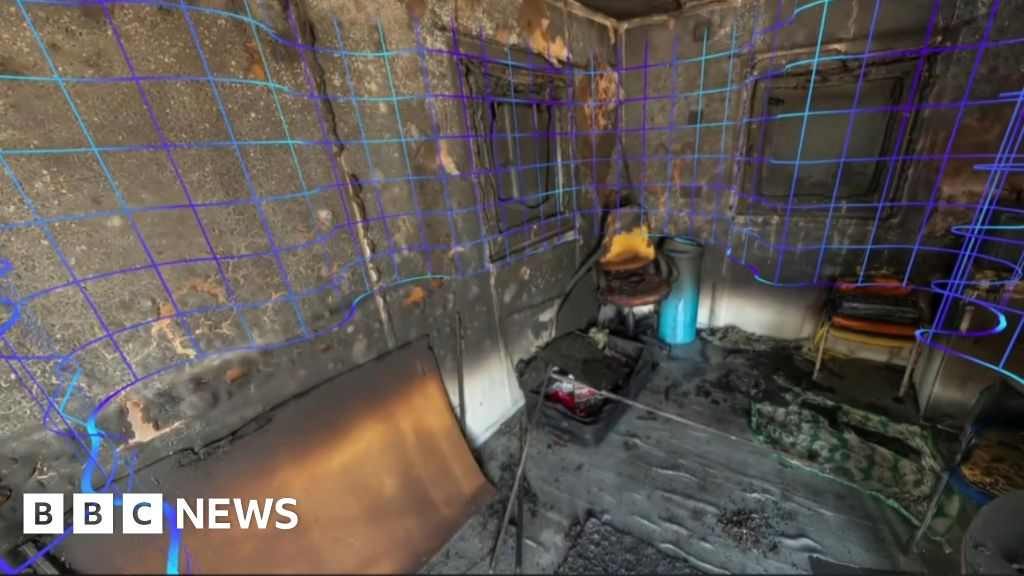
Key Takeaways:
Imagine a world where detectives can enter a crime scene without ever physically stepping foot at the location. Welcome to the realm of virtual reality investigation, a revolutionary approach that merges advanced technology with crime scene analysis. In this article, we will delve into the exciting world of virtual reality investigation, its impact on solving complex criminal cases, and how law enforcement agencies are utilizing this cutting-edge tool. So, put on your VR headsets and get ready to uncover the future of crime scene investigation!
The Thrilling Realm of Virtual Reality Investigation
Virtual reality investigation enables detectives to analyze crime scenes, collect evidence, and reconstruct scenarios using state-of-the-art technology. By donning VR headsets, investigators can virtually step into crime scenes and examine every detail without contaminating the actual location. This immersive experience not only saves time but also ensures a meticulous analysis that is vital in solving complex criminal cases.
The Power of Virtual Reality in Solving Crimes
One of the primary advantages of virtual reality investigation is the ability to recreate and analyze crime scenes in a highly accurate and detailed manner. With the help of 3D modeling and virtual environments, investigators can examine different perspectives, angles, and objects within the scene, ultimately aiding in the identification of crucial evidence that may have been overlooked during traditional investigations.
Virtual reality also introduces the concept of time travel in crime scene analysis. Detectives can revisit crime scenes at any given moment, even after they have been altered or dismantled. This unrivaled capability allows investigators to retrace their steps and reevaluate evidence, leading to more comprehensive and conclusive findings.
The Integration of Virtual Reality and Forensic Science
While virtual reality investigation focuses on the analysis of crime scenes, it also extends its application to various forensic disciplines. By leveraging this technology, experts in forensic science can closely examine collected evidence, such as fingerprints, DNA samples, and bullet trajectories. The integration of virtual reality and forensic science leads to a greater understanding of the case while enabling investigators to create virtual databases that can link different pieces of evidence to potential suspects.
The Benefits for Law Enforcement Agencies
Law enforcement agencies around the world are recognizing the tremendous potential of virtual reality investigation. By embracing this technology, investigators can boost their efficiency and effectiveness in solving crimes. The advantages of virtual reality investigation include:
1. Enhanced Training: Virtual reality provides a safe and controlled environment for training new investigators. They can practice their skills in realistic simulated crime scenes, familiarizing themselves with all aspects of investigation before facing the real challenges on the field.
2. Global Collaboration: Virtual reality enables detectives and forensic experts from different locations to collaborate on complex cases. Through virtual platforms, they can share information, exchange ideas, and collectively work towards finding solutions for even the most challenging investigations.
3. Improved Courtroom Presentations: Virtual reality allows investigators to create compelling visual presentations for courtroom proceedings. By reconstructing crime scenes in virtual reality, prosecutors and defense lawyers can present highly accurate and immersive visual evidence to the jury, aiding in delivering a clear and convincing narrative.
Sparking Interest and Future Implications
Virtual reality investigation has captured the attention of law enforcement worldwide, paving the way for continuous advancements in the field. As technology evolves, VR platforms will become more accessible, cost-effective, and user-friendly. Law enforcement agencies will have even greater tools at their disposal to solve crimes efficiently and effectively.
With the ever-expanding possibilities in virtual reality, solving crime scenes may soon become an immersive experience available to anyone curious about forensic investigation. This technology has the potential to transform how society views and engages with criminal justice, ultimately leading to a safer future.
Frequently Asked Questions
Key Takeaways:
In conclusion, virtual reality investigation opens up a thrilling world that seamlessly combines technology and crime scene analysis, propelling the field of forensic investigation into the future. With its ability to revolutionize the way crime scenes are analyzed and evidence is collected, virtual reality is changing the landscape of criminal justice. By embracing this new technology, law enforcement agencies can unlock unprecedented potential to solve even the most perplexing criminal cases and ensure justice prevails. So, let’s enter the virtual realm of crime scene investigation and embrace the thrilling advancements of the digital era!
Source: insidertechno.com